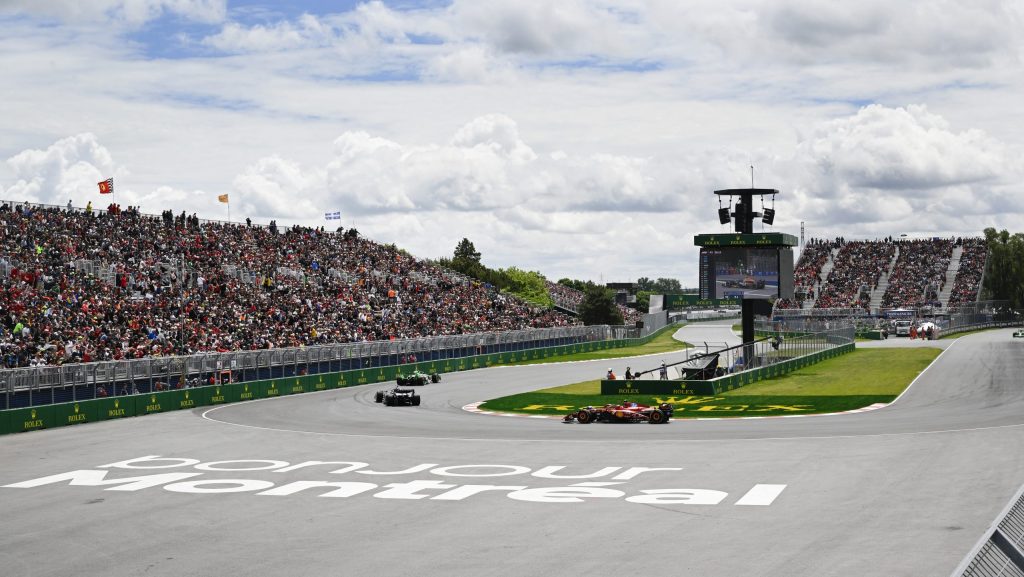Moderna vaccine for babies, kids under six shows promising early trial results: expert

Posted March 23, 2022 10:12 am.
Last Updated March 23, 2022 10:20 am.
As we continue to administer COVID-19 vaccines to the general population, Moderna is reporting promising interim results when it comes to shots for toddlers, babies, and preschoolers.
The small-dose vaccine still requires regulator approval, with the final say about the shot’s use out of the pharmaceutical company’s hands.
Vaccine expert Dr. Omar Khan with the University of Toronto says the early trial results offer hope for those who are hoping to get jabs in their kids’ arms.
“First is that the trials that were done on young children were done when Omicron was around and they showed that it had good protection against infection. But what was really good is that the people who were vaccinated didn’t seem to have any severe disease,” he explained.
“It’s great that children didn’t develop severe disease but also, lovely to see that there’s a reduction in infection in general, which is very good.”
Related articles:
-
Pfizer to apply for use of COVID-19 shots in children under five in the U.S.: sources
-
Omicron amps up concerns about long COVID and its causes
-
Pfizer COVID-19 vaccine for children approved in Canada
Early results from Moderna’s study has found children under six developed high levels of virus-fighting antibodies from shots containing a quarter of the dose given to adults — though it was less effective against the Omicron variant than prior mutations.
The vaccine provides the same level of protection against COVID in young kids as it does in adults. We think that’s good news,” Dr. Stephen Hoge, Moderna’s president, told The Associated Press.
Children under the age of five are essentially the only group in Canada not eligible for a vaccine at this point.
Though case numbers in Canada have improved over the last several months, Khan says it’s key we still get this last vulnerable group vaccinated.
“One of the big problems we’re having is that when this group becomes infected, they can still spread it. With the help of vaccination, that can help clear the infection faster, which means that they’ll be not transmitting as much. That will help us really fight this transmission, infection, mutation cycle,” he told CityNews.
Vaccines and virus transmission
When it comes to those who are skeptical of the vaccine, Khan says it’s important people know that these drugs are being tested to the highest standards.
He notes vaccines are always tested in older groups first. Once their safety has been determined, testing is then done in younger and younger groups of people.
“By the time it gets to toddlers, it’s been shown to be wildly effective and safe for all the other age groups. That’s the only way we can ever do a clinical trial in young children — you have to have overwhelming evidence of safety and efficacy and that’s why this was allowed to go forward,” Khan explained. “Of course, all of these trials, their primary goal is to see for safety and then their secondary goal is to look for efficacy.”
Once the data is presented to Health Canada and the U.S. Food and Drug Administration, the regulators will take a close look through the numbers, with Khan saying only when they are satisfied will the vaccine be approved for the younger age group.
Pfizer is testing even smaller doses for children under 5 but had to add a third shot to its study when two didn’t prove strong enough. Those results are expected by early April.
Khan notes both Pfizer and Moderna are working on “updated Omicron-specific vaccines,” which could also change things.
Moderna is expected to ask regulators in the U.S. and Europe to review and authorize its vaccine for kids under six in the coming weeks. It’s unclear when it will do the same in Canada.
Moderna’s vaccine for children six-11 is already approved for use in Canada.
-With files from The Associated Press








